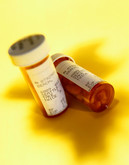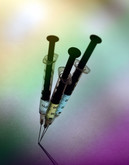Home/Policies & Legislation
|
Posted 26/01/2010
Gene Quinn distinguishes facts from fiction on biosimilars on IPWatchdog.com.
According to him, data exclusivity is not the same as market exclusivity. “During a period of data exclusivity, a competitor would be unable to piggyback on the massive investment in R & D made by an innovator to receive approval from the FDA for their ‘copy-cat’ product. Simply put, during the period of exclusivity the FDA may not rely on an innovator’s safety and efficacy data to approve a competitor’s product. Market exclusivity is an altogether different thing – it is the inability of any competitor to enter a specific market. Market exclusivity for biological products would mean that there could be, for example, just one drug to treat leukaemia, one drug to treat diabetes, one drug to treat MS. “This is not the case”, he stresses. “At any moment, hundreds of biotech companies are racing to develop the next wonder drug for any one of these diseases. That situation will not change because of data exclusivity periods. There will continue to be competition among innovative biological products regardless of a data exclusivity period enacted as part of biosimilars legislation”.
According to Mr Quinn, providing innovators with data exclusivity enables them to recoup the investments they made into developing new products and testing product safety and efficacy. “This allows them to continue to invest in new breakthrough medicines, therapies and cures for diseases such as cancer, HIV/Aids and ALS. Competitors are free at any time to conduct their own costly research and development, including clinical trials, and create their own biologicals”, he argues.






































